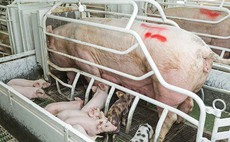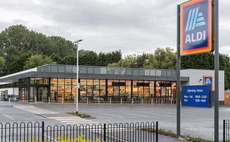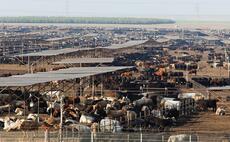trade
Farm Life
Since I wrote my last article back in April things have changed considerably.
Arable
The Government has announced who will sit on the Trade and Agriculture Commission, with all farming unions across the UK represented.
Arable
As the Agriculture Bill passes through the House of Lords, peers will be seeking to make changes to strengthen it in several areas, says Baroness McIntosh.
Arable
As an Irish farmer, it is disappointing to see my UK counterparts are unwilling to get out on the streets to protest to protect food production standards, says County Meath beef farmer Eamon Cassells.
Arable
The UK’s relationship with the EU is the most important one for the farming industry, but it’s amazing how many people forget that, says Oliver Dowding, arable farmer and agricultural spokesman for the Green Party in the south west.
Arable
The poorest households in the UK are the least likely to want low standard food to be available as a result of new trade deals, research by Which? has found.
Farm Business
Aldi has become the latest retailer to vow ‘never’ to sell chlorinated chicken or hormone-injected beef, as part of its commitment to upholding the UK’s high food standards.
Livestock
The Food Standards Agency (FSA) ‘stands ready’ to assess the safety risk of chlorinated chicken and hormone-treated beef, its chief executive Emily Miles has said.
Arable
As UK trade negotiations with countries all over the globe progress, there has never been a better time to redefine the value of food, says Sue Pritchard, chief executive of the Food, Farming and Countryside Commission.
Farm Life
Planning a large scale pea crop across more than 100 farms in Norfolk and Suffolk is a complicated task. Andy Beach, general manager of growers’ co-operative Anglian Pea Growers spoke to Clemmie Gleeson on how he makes it wor


 11 July 2020
•
3 min read
11 July 2020
•
3 min read









